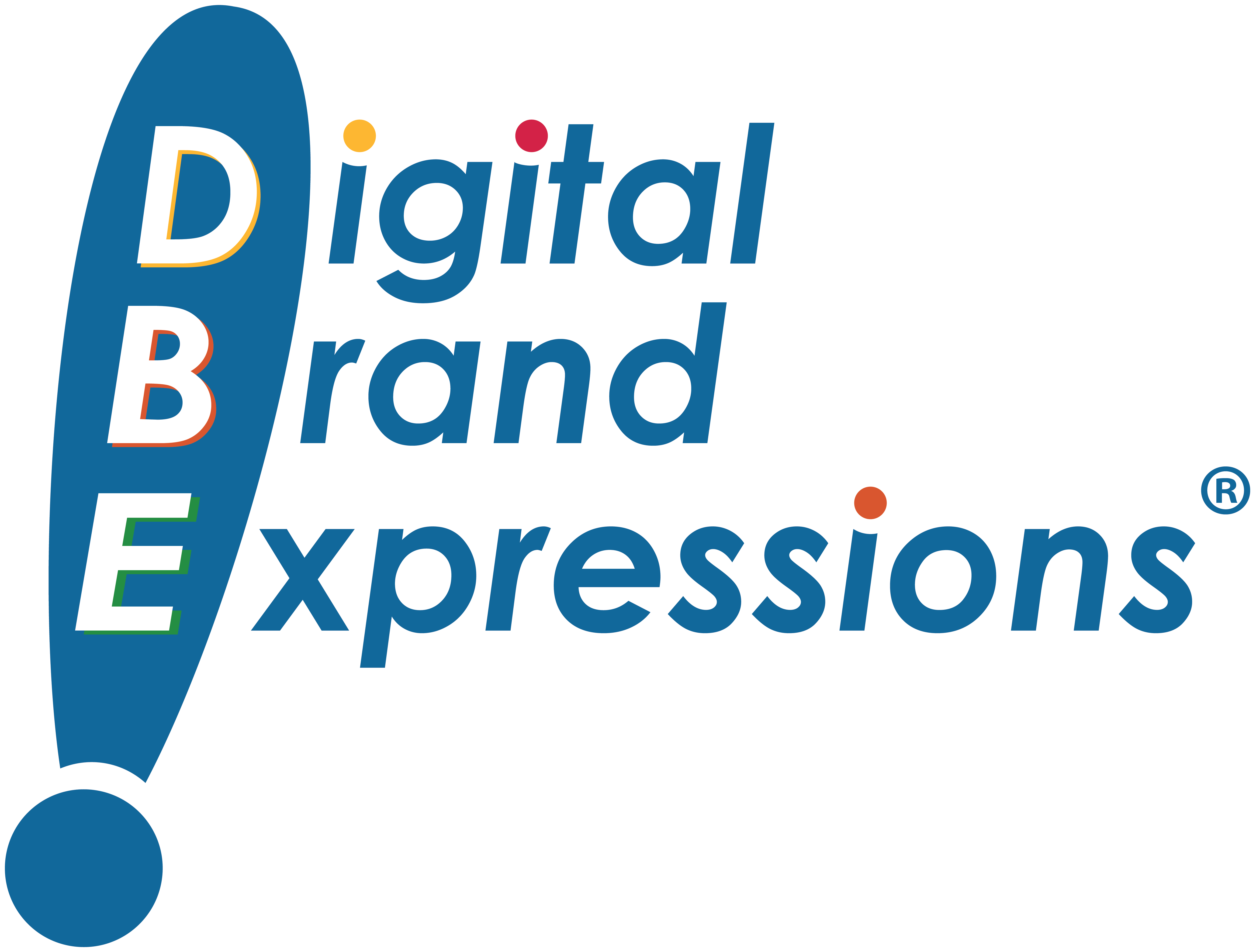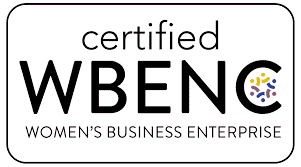Background on Google Knowledge Graphs
In November 2015, Barry Schwartz, CEO of Rusty Brick, reported for SERountable.com that Google was hinting about changes that might enable webmasters to better control, or at least have more influence over, what Google services up in Knowledge Graphs. If you’re not sure what Knowledge Graphs are or why they’re important, learn the basics from Google here: https://www.google.com/intl/bn/insidesearch/features/search/knowledge.html.
DBE Optimizers Weigh In
We polled a few of our SEO team members to ask what they thought about the possibility of webmasters getting more control of the information about their brands in the Knowledge Graph. Here is a summary of perspectives from Joe Goodlad, Deepa Maran, and Roman Prokopchuk.
It would be a welcoming addition for an organization to be able to correct information about it when Google generates a Knowledge Graph. The Graph is populated from various sources, so right now it’s difficult for site owners to update the data that feeds the Graph. The new capability would probably have to be through Google’s Search Console to ensure site ownership so someone associated with the site is making those changes.
It’s possible, maybe probably, that some people will try to troll certain features to their own advantage. Black hat for sure, but, for example, people tried to abuse the Google Local Search by including keywords as part of the business name when they registered the business with Google My Business center. Google later revised its guidelines to protect against those practices. It will be interesting to see what safe guards Google put in place to protect the integrity of the information being represented.
On that note, the ability to modify your Knowledge Panel along with additional reporting/data features around answers may not only affect SEO but Paid Search as well. Giving people the ability to modify their organization’s Knowledge Panel could lead to an “arms race” between competitors offering answers to the same questions, which could then give way to the ability to create “answer” campaigns within AdWords. Eventually, the pool of quality/acceptable “answers” to serve within the search results would grow to the point where Google would have many different choices to source quality “answers” or “knowledge.” We can see the Search Console serving as a notification system for which “answers” via your “knowledge” may be eligible. Once eligibility has been determined for whichever “answer(s)” are in the Search Console for a website, the ability to create “answer” campaigns would be unlocked within AdWords, thus allowing qualified competitors to engage in a new type of paid search advertising.
…and as long as we’re envisioning, and to take this a step further, we can envision “answer campaigns” being rolled out to advertisers in highly competitive categories such as insurance, hospitality, and travel first and then from there industries where the average CPC growth is low and/or has plateaued – it could be used to help boost activity and, of course, revenue for Google.
While currently Google provides a way to report errors via the ‘Feedback’ link (lower right-hand-corner outside the frame of the Knowledge Graph, we haven’t experienced success with this for our clients.
Historically, DBE has used Wikipedia to propagate updated information, which is one avenue for helping feed the Knowledge Graph. Another was Freebase, but that has been scrapped by Google. Google is now encouraging use of Schema tags to help inform it of correct brand name, business hours, founder’s name, address, and images.
DBE Consensus
It’s great to think about having more control over our clients’ information featured in the Knowledge Graph, but our general sense is this is still several months from becoming a workable reality.
For now, Schema mark ups remain the best way for feeding Google what it needs to populate Knowledge Graphs.


